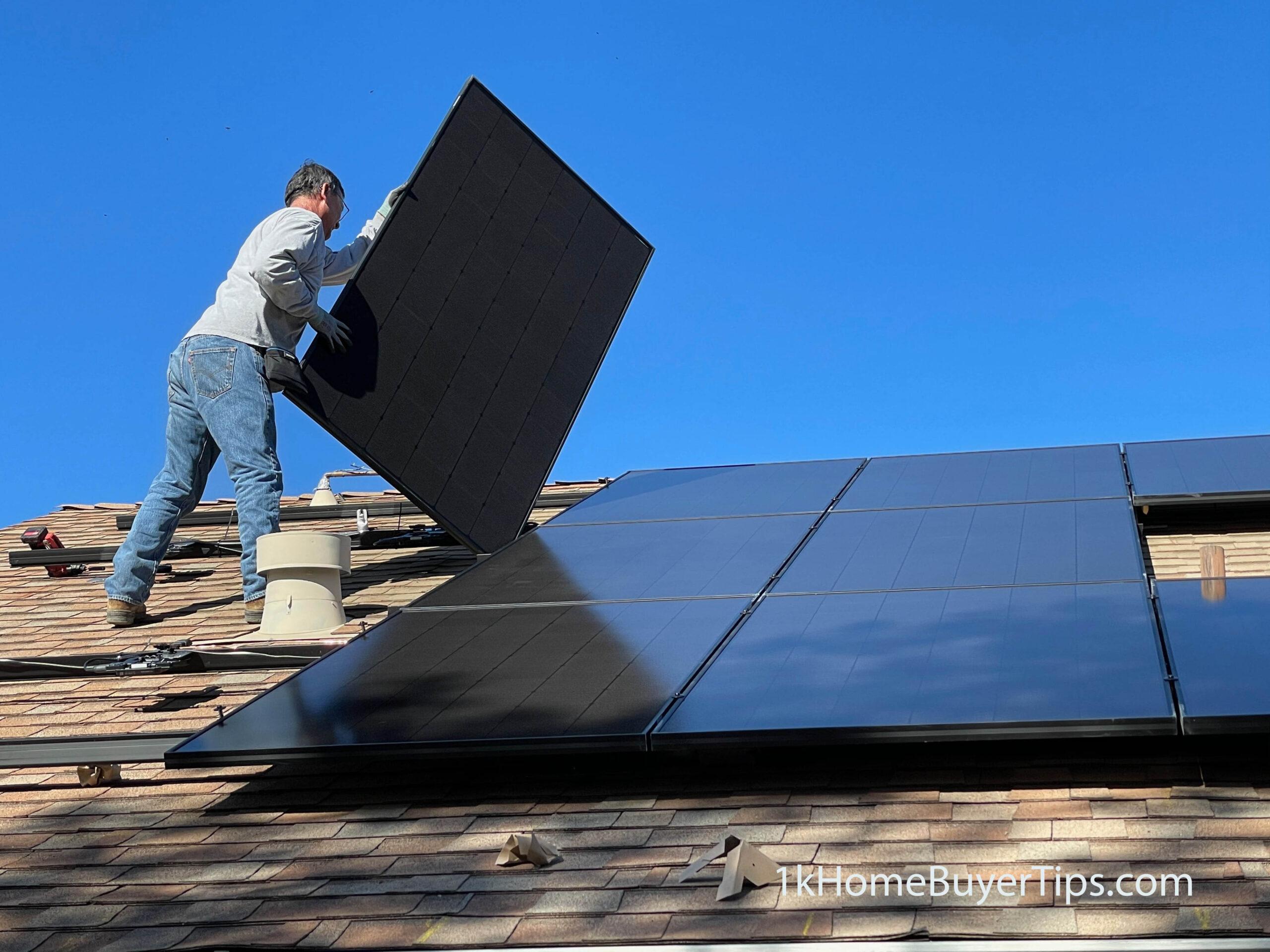Self-install solar panels are a great way to save money on your electricity costs and take advantage of renewable energy. They can also help you achieve the energy independence you desire while saving the environment and improving your home’s value. But before you start on a DIY solar panel installation project, it’s important to consider all of the pros and cons that come with this option.
Cost savings. One of the biggest advantages of self-install solar panels is that they tend to be significantly cheaper than professionally installed systems. They’re also often offered with a low down payment or no down payment options. Depending on where you live, you could even get rebates or tax incentives that reduce the overall cost of installing your system.
However, it is still a good idea to get a professional to help you with your system design and layout, as they will have a deeper understanding of local zoning laws and can guide you on the most efficient location for your solar panels. They’ll also be familiar with all of the available financial incentives in your area and they know how to find them for you.
Warranty risks. Most manufacturers of solar panels and components are so confident in their products that they guarantee them for up to thirty years. That means that if anything goes wrong with your system, you’ll have a free replacement to replace any parts that are defective, which is a huge benefit.
Performing a DIY solar panel installation can void these warranties, so it’s a good idea to hire a professional. This is especially true if you’re building your own system from scratch.
Safety Risks. When installing solar panels, it is extremely important to follow all safety guidelines and to use the proper tools for the job. This includes the ability to safely lift heavy panels and to understand how to safely handle electrical wiring.
If you plan on working on the roof, a fall protection system is also recommended. These systems are available at most hardware stores and can be used on a variety of types of roofs.
In addition, it’s important to use a safety harness and to be properly trained in working with electricity. This will prevent any injuries that could arise during the installation process and ensure that you don’t damage any expensive equipment.
When deciding between DIY and professional solar panel installation, it is best to think about your skillset, how much time and effort you’re willing to invest, and whether you’re comfortable with the complexity of the project. In some cases, hiring a professional is the most cost-effective solution.
I network with professionals who can help with your home’s upgrades. Contact me at: Laura@1KHomeBuyerTips.com and I’ll give you some referrals.
